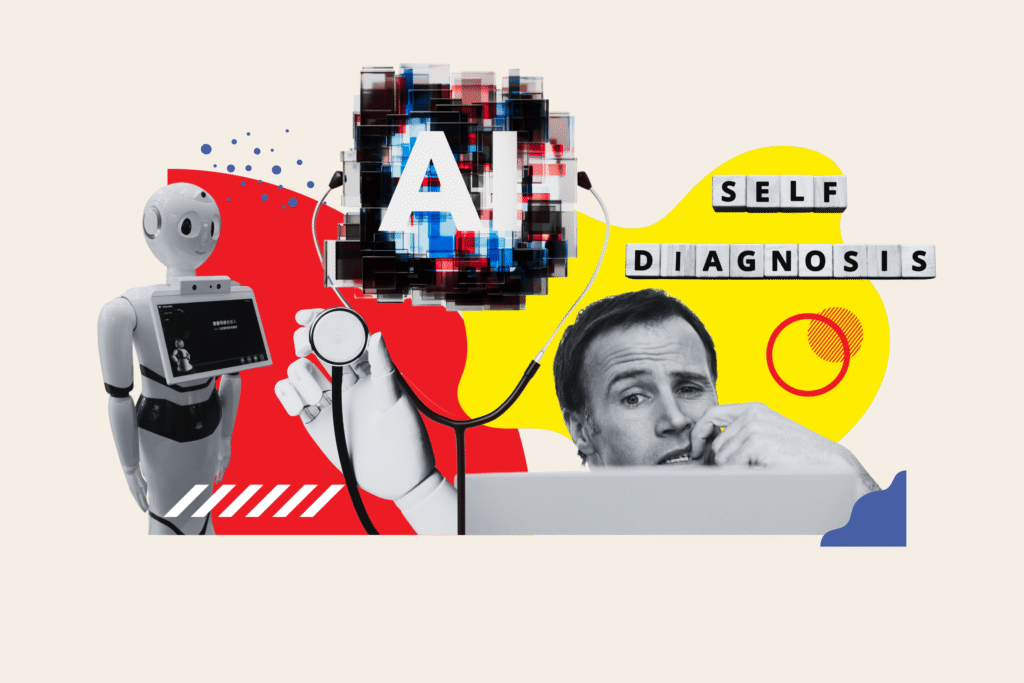Both clinicians and patients are using artificial intelligence more and more to help diagnose illness and injuries, but many in the health care industry see the technology’s adoption as a double-edged sword.
A new study of over 2,000 medical professionals found that the adoption of generative AI tools is becoming far more prevalent in health care, but that misinformation about conditions and diagnoses was also impacting patients.
Why It Matters
In 2024, the global health care AI market was estimated at more than $26 billion, and it’s expected to grow to over $187 billion by 2030. Rapid developments in the abilities of generative AIs such as ChatGPT mean that health care professionals have more AI-powered tools than ever before to help them with their work, but the same is also true for their patients.
What To Know
According to Elsevier’s Clinician of the Future 2025 survey, 28 percent of clinicians said they did not have enough time to deliver quality care to each patient, with 69 percent now seeing more patients than two years ago and nearly half (47 percent) admitting that fatigue has impaired their care delivery.
The survey, which was conducted with 1,781 doctors and 425 nurses from across the world, revealed that as the ability of clinicians to spend time with patients diminishes, patients have begun turning to AI-powered chatbots and generalist diagnostic tools to seek answers for their health concerns.
Fifty-one percent of health care professionals said that most patients will self-diagnose with AI tools available online rather than see a clinician in 2-3 years’ time.
However, this coincides with growing fears in the industry that false information and misdiagnosis are making doctors have to work harder.
Seventy-four percent of U.S. clinicians who responded say that medical misinformation is hindering patient compliance with recommended treatments, while 53 percent report spending appointment time to correct patient misconceptions based on false or misleading health information.
Additionally, professionals are not keeping up with the rate at which patients are using AI.
Although 95 percent of clinicians in the Elsevier survey saw benefits in using generative AI to assist with clinical activities, only 16 percent said they currently use AI in direct decision-making. An additional 48 percent expressed a desire to further incorporate AI tools into their clinical determinations.
Only 32 percent of surveyed clinicians felt their institution provided adequate access to AI technologies, and only 30 percent said they had received sufficient training in their use.
Patients seeking to self-diagnose often have access only to public, general-purpose AI chatbots, which may lack clinical oversight and up-to-date scientific training. Despite these limitations, the accuracy achieved by AI platforms in recent studies has driven further patient engagement with these tools.
Seventy-five percent of clinicians highlighted the need for factual accuracy from AI in clinical contexts.
What People Are Saying
Jan Herzhoff, president of Elsevier Health, said in a statement given to Newsweek: “As the health care industry grapples with increased demands and limited resources, clinicians have identified numerous ways AI can enhance care quality and patient outcomes faster.
“This is a transformative period, and we aim to collaborate with the health care community to harness the full potential of AI for patients.”
What Happens Next
As AI tools become more widely available, health care organizations are expected to further invest in their integration, as well as in governance and clinician training.
Read the full article here
